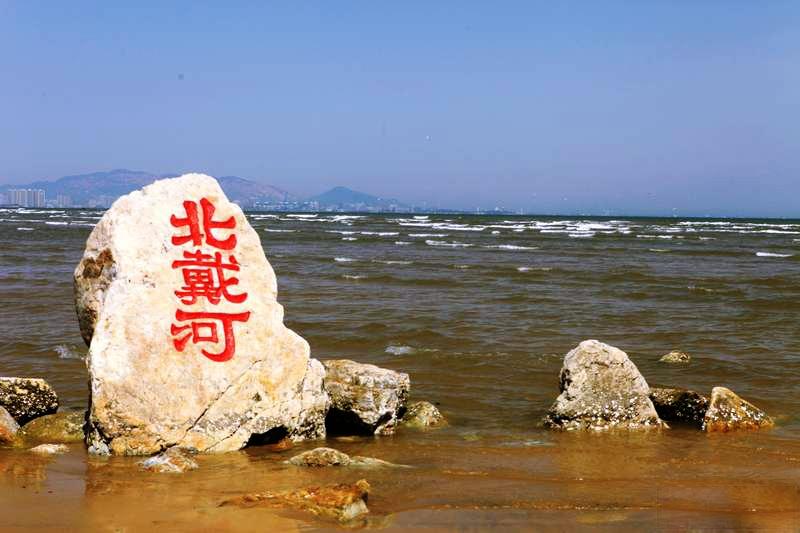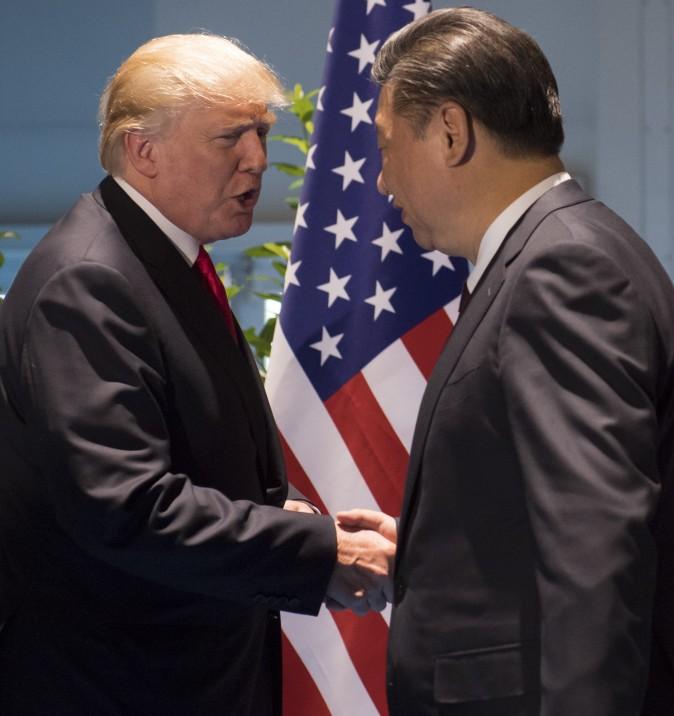The Chinese Communist Party’s meeting at Beidaihe is underway.
Every summer, high-level Party cadres hold a secretive summit in the resort town of Beidaihe in Hebei Province, northern China. Because major issues concerning the Party are usually deliberated over in this meeting, what goes on at Beidaihe is the subject of intense outside speculation.
This year is no exception. There were rumors early on that the Communist Party would break with tradition and change its existing leadership structure—that even the Politburo Standing Committee could be abolished.
Subsequent rumors, however, declared that the Beidaihe summit was now purely a vacation retreat for top Party officials. Some routine governmental affairs would be handled, but there wouldn’t be serious meetings like those held in years past.
Regardless of what happens at Beidaihe, the various speculations surrounding this year’s meeting is revealing of the present political situation in China.
The Chinese Communist Party doesn’t operate like a regular government. Transfer of power at the top leadership level isn’t accomplished through elections or other normal political methods. Instead, Party history shows that successful power transfer is accompanied by brutal inner Party power struggle and political cleansing.
Jiang Zemin might have been the biggest beneficiary of the Tiananmen Square massacre, but he didn’t earn the complete trust of Deng Xiaoping, as evinced by Deng designating Hu Jintao to succeed Jiang. And Xi Jinping taking over the reins of the regime from Hu Jintao is the result of negotiation and compromise between various Party factions.
Former Shanghai Party Secretary Chen Liangyu and former Politburo member Bo Xilai were originally groomed by Jiang to replace Hu Jintao because the Party elder wanted a leader that would sustain the persecution of Falun Gong. But Chen was purged for corruption before he could rise to the top.
Lacking a suitable leader candidate, Jiang voted for Xi Jinping to take over the Party leadership, but made preparations for Bo Xilai to eventually replace Xi. However, Jiang was foiled by Bo’s right-hand man Wang Lijun, who reportedly revealed Bo’s coup plans to the United States Consulate in Chengdu during a failed coup attempt.
Since Xi Jinping took office over three years ago, the political situation in the Chinese regime has changed tremendously.
On the surface, Xi is using the anti-corruption campaign to arrest and remove all officials belonging to the Jiang faction, including political heavyweights like former security czar Zhou Yongkang, and former military vice chairs Xu Caihou and Guo Boxiong. Gradually, Xi stabilized his grip over the Party and the military, and brought the anti-corruption effort closer and closer to Jiang.
At the heart of recent political changes lies the Jiang faction’s 17 year-long persecution of Falun Gong, a campaign so destructive that its consequences are currently surfacing in Chinese society. The persecution is also the reason why the Party is deeply split by a fierce power struggle between the Xi Jinping leadership and the Jiang faction.
Jiang Zemin’s clique used the Party’s machinery to execute the heinous crime of harvesting organs from still-living Falun Gong practitioners. The Party today is beyond redemption, and its disintegration is inevitable. Thus, the Party can no longer adhere to its usual mode of operation.
Against this political backdrop, news of Xi Jinping refusing to appoint a successor and his plans to scrap the Politburo Standing Committee have issued.
From the perspective of power struggle in the Party, Xi’s rumored political maneuvering allows him to both weaken the Jiang political network and change the existing political structure of the regime. Previously, Jiang Zemin had stacked the Politburo Standing Committee with his men and promoted the rule of a “collective leadership,” moves that reduced the Party’s general secretary to a mere figurehead.
From a more macro perspective, however, Xi’s rumored moves are consistent with several initiatives that clearly fall outside the Party’s governing framework—punishing the corrupt, cancelling the labor camp system, and meeting with former Taiwan president Ma Ying-jeou. These moves portend immense changes in Chinese society, and all parties are already preparing for it.
For all these reasons, and more sure to pass in the future, we should be ready to welcome a society without the Chinese Communist Party.
Xia Xiaoqiang, is a political columnist for the Chinese edition of the Epoch Times, he is based in Norway and has written analyses of contemporary political affairs since 2009.




